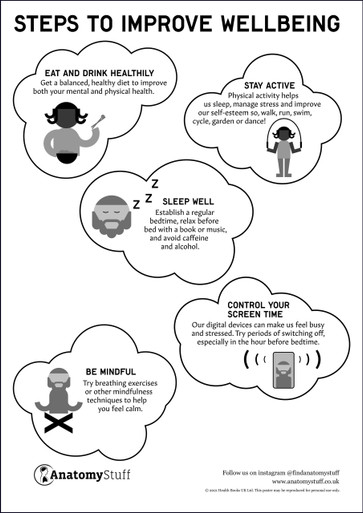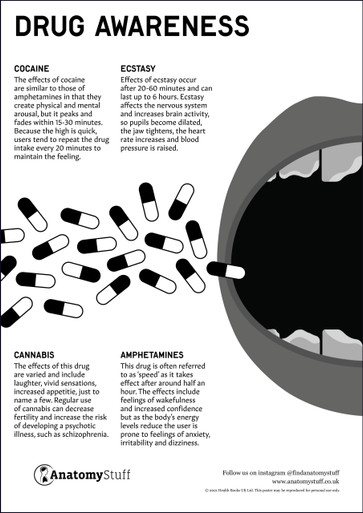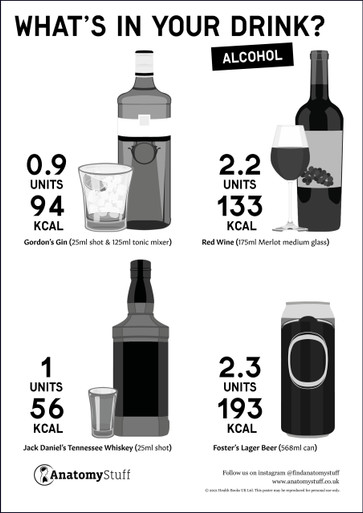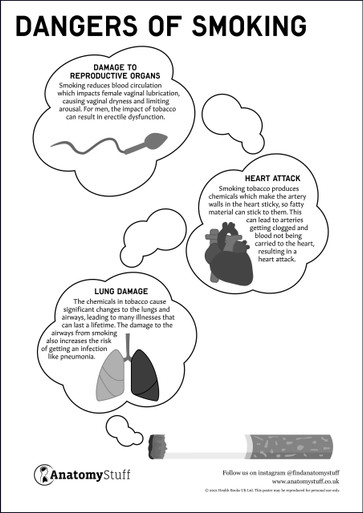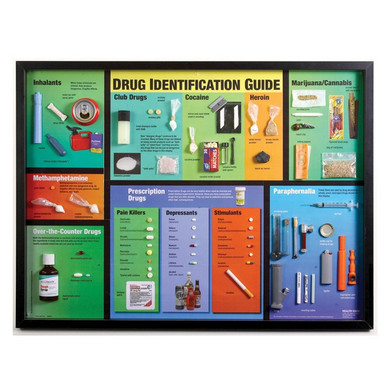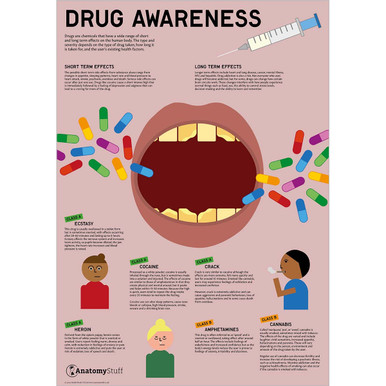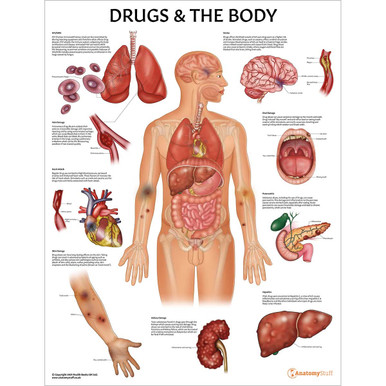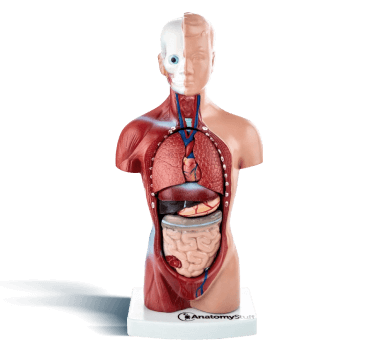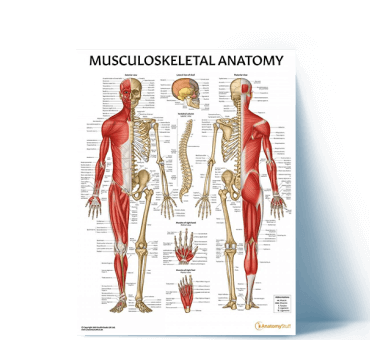Drug Education
What are the different types of drugs?
Most people think about heroin, cocaine or cannabis when they think about drug abuse, but other substances can be involved in drug addiction, including over the counter and prescription medicine.
It is illegal to possess drugs, with criminal penalties for those caught in possession, including Class A (such as heroin) and Class B drugs (such as cannabis).
How do drugs affect the human body?
Different types of drugs affect you in different ways. There can be both physical and psychological effects that can be long-term.
How certain drugs affect you depends on body size, general health, the amount and strength of the substance, if using any other drugs at the same time, and if you have a tolerance built up to a specific drug.
• Depressants slow the function of the central nervous system.
• Hallucinogens distort your sense of reality.
• Stimulants speed or ‘stimulate’ the central nervous system.
With drugs in your system, you are more likely to have accidents, commit sexual or violent assaults, become angry, be vulnerable to assaults, lose your inhibitions, and are at risk with your safety. Taking drugs can affect memory, thought processes, eating and sleeping habits. Over time, they damage the kidneys, brain, stomach, lungs, heart, and liver. Drugs will also negatively affect your physical appearance.
Learn more about how smoking affects the body at Drugs and The Body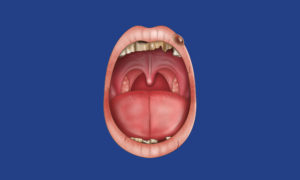
Free PDF Downloads
View AllWhat is addiction?
Addiction is defined as not having control over doing, taking, or using something to the point where it could be harmful to you. If you need treatment for drug addiction, you’re entitled to NHS care in the same way as anyone else who has a health problem.
Addiction can negatively impact your relationships, work, health and wellbeing and financial security. Using illegal drugs and/or driving under the influence can lead to trouble with the law.
How do I know if it’s addiction?
Usually, there will be tell-tale signs that someone is addicted to a substance such as:
• A strong desire to take the drug
• Keep taking the drug although you know it is harmful
• Having cravings
• Mood swings
• Loss of interest in non-drug-related activities
• Repeated failed attempts to quit
• Needing more to get the same feeling – tolerance
• Engaging in risky behaviour
What supports are there for addiction?
Treatment for drug addiction includes talking therapies such as Cognitive Behaviour Therapy (CBT), treatment with medicines, and detox. Local support groups may also benefit drug users and their families or carers.
Addiction is often linked to mental health illnesses, so visiting your GP or mental health professional is a good idea.
NHS has a list of support services here.






